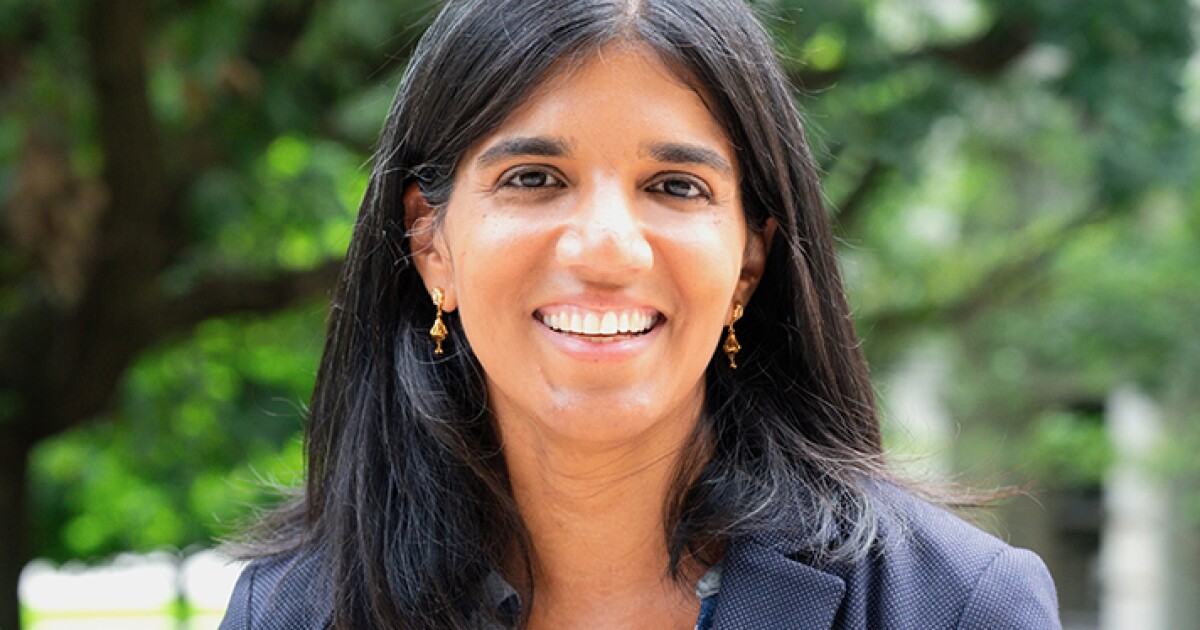Ex-Citi banker joins advisory firm, launches investment business
3 min read

When
“I was so busy for 16 years that I needed to take some time to not be busy,” Chandrasekhar said. “When this was happening, I did an audit of myself and I saw this skill set that included the language of very highly rated credits to sub-investment grade project finance.”
During her 14 years at Citi, she specialized in higher education, health care and social infrastructure, including transactions like developer-driven public-private partnerships, housing and energy transactions.
By the end, it was the “interesting and complex deals” that were making their way to her desk, transactions that often went beyond just municipal finance. “You don’t just speak muni bonds, you speak projects and how the buildings get built,” she said. “That project part was really interesting toward the end and I wanted to learn more about that, so I asked how can I take these skills and make a different impression on the project side?”
Archie Chandrasekhar
The result is Full Moon Capital, a firm that invests in purpose-built or acquired real estate developments at universities and hospitals. It targets small and mid-sized specialty or graduate institutions, among other facilities. Student housing, dining, workforce housing and power plants are among the projects that are ripe for investment for colleges looking to offload risk, she said.
The firm was formed by Chandrasekhar and four leaders at advisory firm Rieth Jones Advisors, which Chandrasekhar will also join as a managing director: Brooks Pierce, a managing director; Eric Bram, a vice president; and Richard Rieth and Wilson Jones, both principals. The five have backgrounds ranging from market analysis to design, construction, financing and operations. Chandrasekhar, who will remain based in New York, will focus on higher ed, healthcare and municipalities in her work at RJA.
The investment opportunity lies in institutions that face demand and want to grow but may be overlooked by the big investment banks, Chandrasekhar said.
“There are parts of the market not covered — the smaller schools, some of the more specialty hospitals systems or standalone schools, that are still great credits,” she said. “They’re too small for an investment bank to look at and we have the ability to find capital to fund those and put a whole project together, partnering with developers.”
Despite the
An estimated one-third to one-half of off-balance-sheet projects at universities and hospitals are funded through equity, Chandrasekhar noted.
“There’s a lot of money out there,” she said. “There are institutional investors who have different funds to put to work in social infrastructure, there are individuals and retail investors who want to put their money into real estate, there are family offices,” she said. “A lot of money is looking for a home.”







